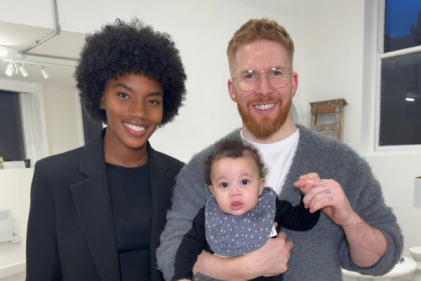From around seven months old, you probably started to notice that your child became clingier. You may have noticed that he or she did not want to be held by anyone else, or would cry when you leave the room. That’s normal, but since it’s important that children learn social skills too, you do need to get them used to people.
When your baby is very young, get him or her used to the idea that even when you leave, you will come back. Allow someone else to hold them and then leave the room for a few minutes, before returning. Eventually, they will realise that you will return when you leave.
Even if you don’t work, or work from home, day care or a playgroup can be a good idea for social skills development. Your child will learn to interact with other children and adults, and will learn about sharing toys, playing with others and other important skills.
Most importantly, be a good example for your child. Share with him and with others, always say please and thank you, and make sure that you’re polite and kind. Since he or she learns how the world works from you, you’re the very best person to teach them social skills.
Lastly, once he or she is two or three, start organising play dates for him. Make sure there are plenty of toys on hand, so that sharing is a little easier, and keep the social engagements short at first.
When your baby is very young, get him or her used to the idea that even when you leave, you will come back. Allow someone else to hold them and then leave the room for a few minutes, before returning. Eventually, they will realise that you will return when you leave.
Even if you don’t work, or work from home, day care or a playgroup can be a good idea for social skills development. Your child will learn to interact with other children and adults, and will learn about sharing toys, playing with others and other important skills.
Most importantly, be a good example for your child. Share with him and with others, always say please and thank you, and make sure that you’re polite and kind. Since he or she learns how the world works from you, you’re the very best person to teach them social skills.
Lastly, once he or she is two or three, start organising play dates for him. Make sure there are plenty of toys on hand, so that sharing is a little easier, and keep the social engagements short at first.






